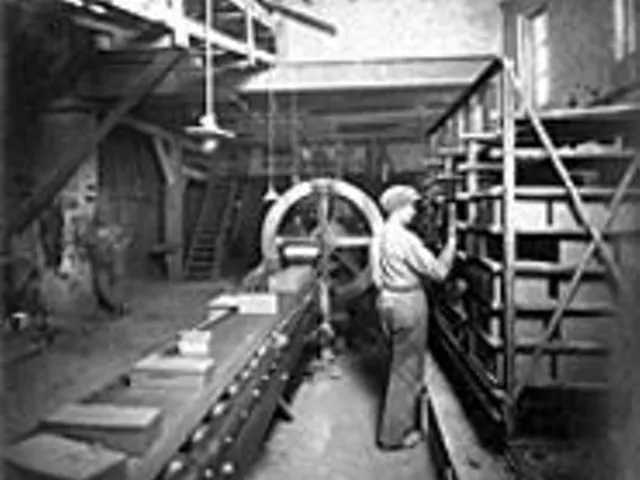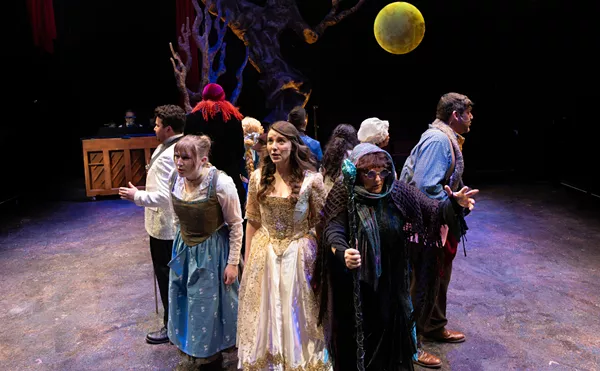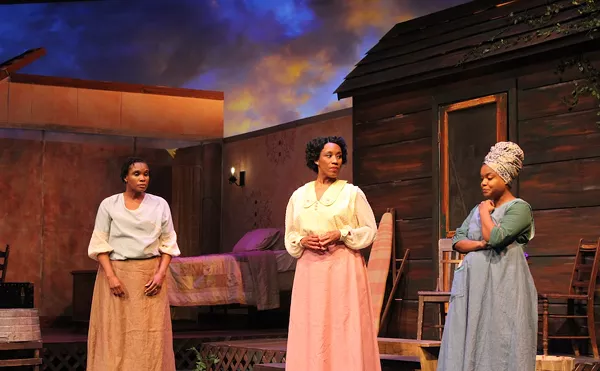Cinema verité, or "direct cinema," was a revolutionary style of documentation at the time, relying on actual events as they transpired rather than a structured narrative. It's the kind we're familiar with today: no voiceover, no interviews. Pennebaker helped develop the first hand-held 16mm camera that could record sound, a technological advance that made this new style of filmmaking possible -- before then, all you could hope for would be newsreel-like scenes, not the essence of what happened at that moment. Cinema verité replaced this staid method with absolute observation, a style that bled into feature films as well (consider The French Connection or anything by Robert Altman). The "fly-on-the-wall" aspect made it easy for millions of people to feel like they hung out with Dylan in 1965.
Pennebaker and his wife Chris Hegedus, who has been his working partner for more than half his career, also have a knack for getting the right people at the right time. Since Don't Look Back the pair has pursued a long list of subjects in the cult of celebrity, from David Bowie in Ziggy Stardust & the Spiders from Mars to John DeLorean and his amazing automobile (sans flux capacitor), Bill Clinton in The War Room and the charming Timothy Leary in a short film wherein he weds Uma Thurman's mother. Documentaries of the Pennebaker/Hegedus type catch fleeting, spontaneous moments such as Dylan holding a giant light bulb or the ill-fated DeLorean plant in Belfast -- celluloid memory for a rapidly fading history. That may be why out of all of the musicians, personalities and politicians Pennebaker and Hegedus have brought to the screen, the campaign staffers and future president of The War Room stand out. Outside of the fact that the film is a blueprint for TV's The West Wing -- only it's real, and far more exciting -- it's dumbfounding to watch a campaign we've all but forgotten, complete with eerily prescient campaign problems (remember Gennifer Flowers?). Go and gape at Democratic party members struggling to overcome President Bush, wondering why they're on the defensive when they feel he's the one who needs to explain himself. Life, like film, is funny sometimes.
The Webster University Film Series screens eight Pennebaker/Hegedus classics this weekend, among them DeLorean, The War Room and Daybreak Express, Pennebaker's first film. An incredible event for anyone interested in documentary filmmaking, the series runs Thursday, April 15, through Sunday, April 18; the filmmakers will be present on Friday, April 16, and Saturday, April 17, to answer questions and discuss their oeuvre. All films are shown at 7 p.m. in the Moore Auditorium, 470 East Lockwood Avenue, for $4 to $6 per evening. For more information, visit www.webster.edu/filmseries.swf.





